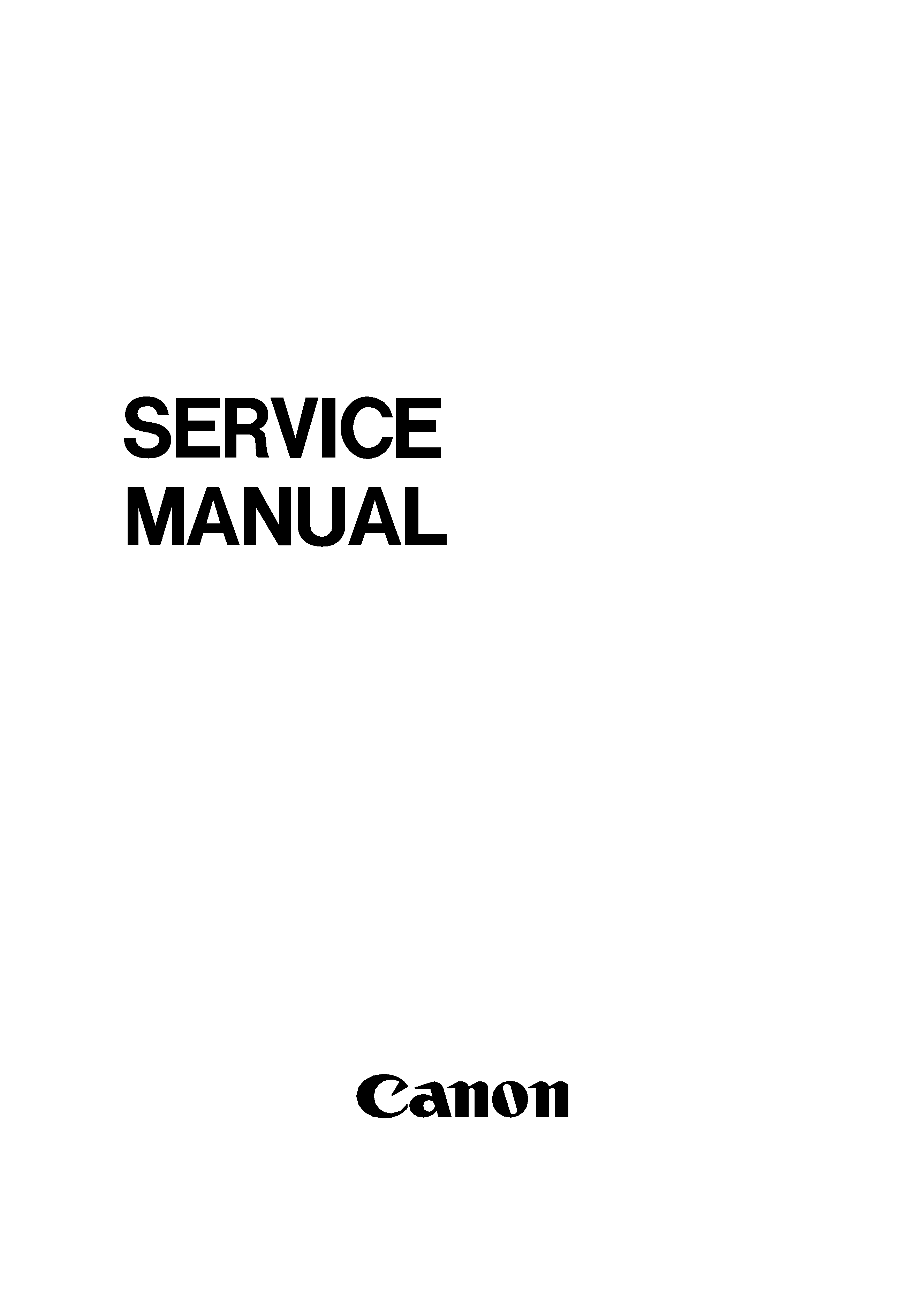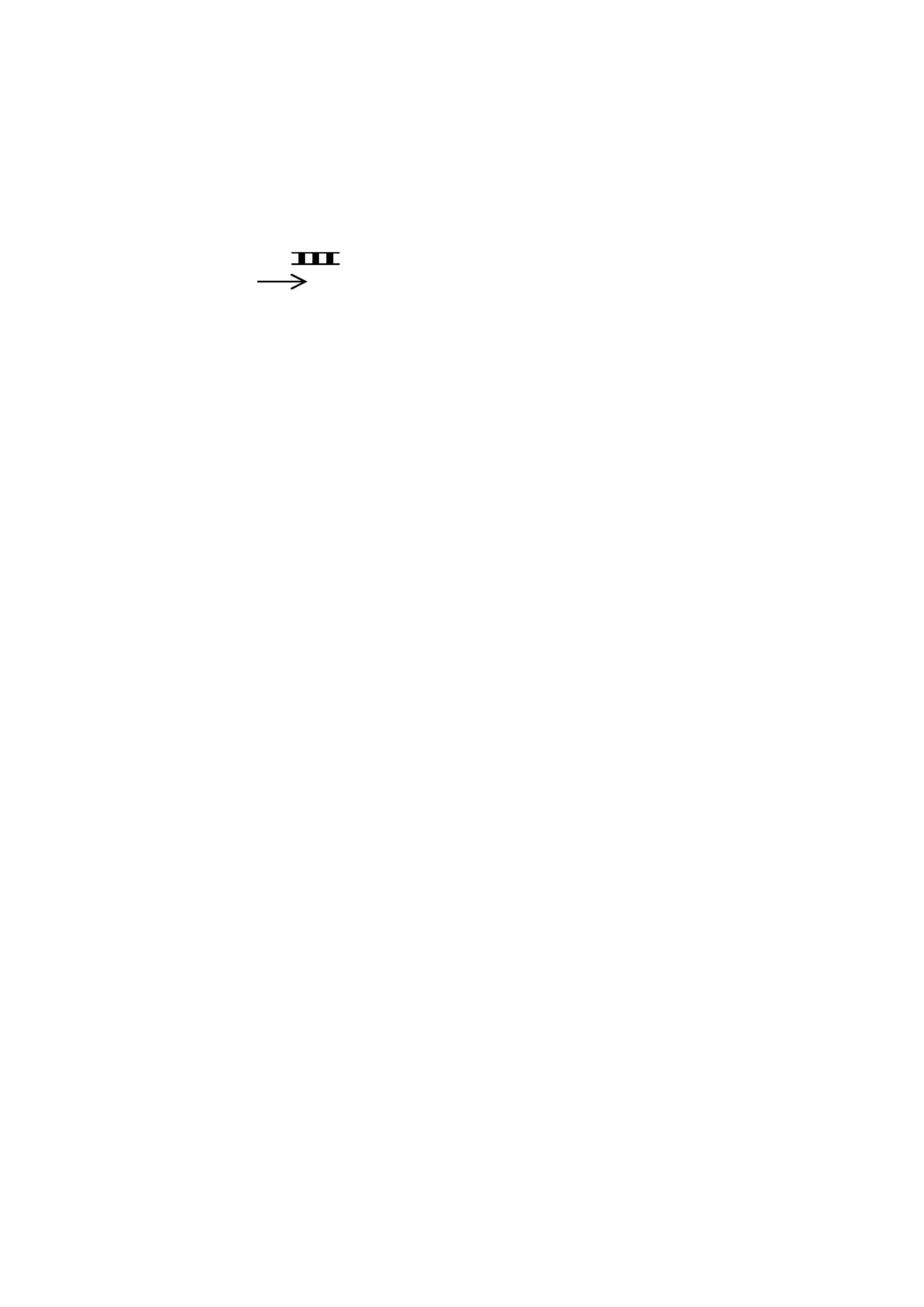
COPYRIGHT © 2001 CANON INC.
CANON CLC1000/1000S/3100 REV.2 MAY 2001 PRINTED IN JAPAN (IMPRIME AU JAPON)
REVISION 2
MAY 2001
FY8-13E3-020
COLOR LASER
COPIER
1000/1000S/3100

COPYRIGHT © 2001 CANON INC.
CANON CLC1000/1000S/3100 REV.2 MAY 2001 PRINTED IN JAPAN (IMPRIME AU JAPON)
IMPORTANT
THE INFORMATION CONTAINED HEREIN IS PUBLISHED BY CANON, INC., JAPAN, AND IS
FOR REFERENCE USE ONLY. SPECIFICATIONS AND OTHER INFORMATION CONTAINED
HEREIN MAY VARY SLIGHTLY FROM ACTUAL MACHINE VALUES OR THOSE FOUND IN
ADVERTISING AND OTHER PRINTED MATTER.
ANY QUESTIONS REGARDING INFORMATION CONTAINED HEREIN SHOULD BE DIRECTED
TO THE COPIER SERVICE DEPARTMENT OF THE SALES COMPANY.
COPYRIGHT © 2001 CANON INC.
Printed in Japan
Imprimé au Japon
Use of this manual should be
strictly supervised to avoid
disclosure of confidential
information.
Prepared by
OFFICE IMAGING PRODUCTS QUALITY ADVANCEMENT DEPT.5
OFFICE IMAGING PRODUCTS QUALITY ASSURANCE CENTER
CANON INC.
5-1, Hakusan 7-chome, Toride-shi Ibaraki 302-8501 Japan

COPYRIGHT © 2001 CANON INC.
CLC1000/1000S/3100 REV.2 MAY 2001 PRINTED IN JAPAN (IMPRIME AU JAPON)
i
INTRODUCTION
This Service Manual provides basic facts and figures needed to service the plain-paper Color Laser
Copier 1000/1000S/3100 in the field. The Color Laser Copier 1000/1000S/3100 may be configured with the
following system devices:
1
Preview Monitor/Preview Monitor Board
2
RDF-E1
3
Editor F1
4
Film Projector B1
5
Stapler Sorter F1
6
Buffer Pass Unit 1
7
Tandem Kit/Tandem Board
8
Control Card V
9
Interface Board B1/B2
10
PS-IPU III
11
IPU II
12
Film Scanner III
13
Copy Data Controller A1 (not available in some areas)
14
Paper Deck (option in Japan)
15
ED Board A1
Of the above, the Editor is covered in this manual.

COPYRIGHT © 2001 CANON INC.
CANON CLC1000/1000S/3100 REV.2 MAY 2001 PRINTED IN JAPAN (IMPRIME AU JAPON)
ii
This Service Manual is organized as follows:
CHAPTER 1, "General Introduction," shows the CLC1000/1000S/3100's features, specifications, and
step-by-step instructions on how to operate the copier.
CHAPTER 2, "Copying Processes," shows how the CLC1000/1000S/3100 generates copies while
discussing each of the steps involved.
CHAPTER 3, "Operations and Timing," explains the CLC1000/1000S/3100's mechanical system by
function and principles behind its electrical systems in relation to timing of each operation.
CHAPTER 4, "Mechanical System," explains how to disassemble/assemble and adjust the CLC1000/
1000S/3100.
CHAPTER 5, "Installation," provides points to note when selecting the site of installation and instructions
on how to install the CLC1000/1000S/3100.
CHAPTER 6, "Maintenance and Inspection," provides tables of periodically replaced parts and
consumables/durables as well as scheduled servicing chart.
CHAPTER 7, "Troubleshooting Image Faults/Malfunctions," provides maintenance/inspection,
standards/adjustments, troubleshooting image faults, troubleshooting malfunctions.
APPENDIX contains a general timing chart, general circuit diagrams, and PCB diagrams.
This Service Manual is accompanied by the Service Handbook, which contains information on how to
maintain and inspect the CLC1000/1000S/3100 through adjustment and troubleshooting work.
Information found in this manual may be updated from time to time for product improvement, and major
updates are communicated in the form of Service Information bulletins.
All service persons are expected to be thoroughly familiar with the contents of this Service Manual, the
Service Handbook, and Service Information bulletins and be ready to respond to the needs of the user
promptly.

COPYRIGHT © 2001 CANON INC.
CLC1000/1000S/3100 REV.2 MAY 2001 PRINTED IN JAPAN (IMPRIME AU JAPON)
iii
The following rules apply throughout this Service Manual:
1. Each chapter contains sections explaining the purpose of specific functions and the relationship
between electrical and mechanical systems with reference to the timing of operation.
In the diagrams,
represents the path of mechanical drive; where a signal name accompanies
the symbol
, the arrow indicates the direction of the electric signal.
The expression "turn on the power" means flipping on the power switch, closing the front cover, and
closing the delivery unit cover, which results in supplying the machine with power.
2. In the digital circuits, `1' is used to indicate that the voltage level of a given signal is "High," while `0' is
used to indicate "Low." (The voltage value, however, differs from circuit to circuit.) In addition, the
asterisk (*) as in "DRMD*" indicates that the DRMD signal goes on when `0'.
In practically all cases, the internal mechanisms of a microprocessor cannot be checked in the field.
Therefore, the operations of the microprocessors used in the machines are not discussed: they are
explained in terms of from sensors to the input of the DC controller PCB and from the output of the
DC controller PCB to the loads.
The descriptions in this Service Manual are subject to change without notice for product improvement or
other purposes, and major changes will be communicated in the form of Service Information bulletins.
All service persons are expected to have a good understanding of the contents of this Service Manual
and all relevant Service Information bulletins and be able to identify and isolate faults in the machine.
